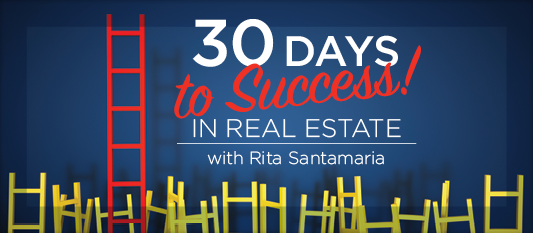…Involving Predatory Lending Practices…
The predatory lending practices work hand in glove with the ability to dupe the lender by a mortgage broker who knows how to manipulate the system. The last several years has seen a rise of the private secondary mortgage market who actively recruit loan originators, urging them to make as many loans as possible, with the guarantee of a sale into the secondary market after the transaction closes, or sometime while the transaction closes. The lender may even provide credit score information and profiles of likely “targets,” who may have questionable credit scores but want to refinance the house to lower their monthly payments. What is generally left unsaid is that are a number of very expensive built-in fees, insurance policies (credit life and homeowner’s), which may be hidden costs in the transaction that the consumer is unlikely to recognize. The borrower in these transactions can be either innocent or part of the conspiracy; it depends on the facts in each situation.
The Ultimate Lie. In this scenario, the borrower simply lies to the lender. The mortgage broker prepares an acceptable loan package for the lender, but it is all false. At the closing, the lender provides his loan application to re-execute, which includes income tax returns, W-2s, paycheck stubs, and a number of other back up documents for the borrower’s application. The problem is the loan application information (submitted by the borrower earlier in the loan application process) is completely false. Pre-packaged loan applications, with names slightly changed, stolen identifications and false ID’s are readily available. If the title company doesn’t properly check picture identifications, exact spelling of names, or confirm signatures of the applicant and their spouse, it could be construed as aiding and abetting the fraudulent loan application process.
The buyer is someone off the street, paid to close and then disappears. On the other had, it could be a foreign investor, an uneducated person, who is subject to the predatory lending practices of the mortgage broker. The mortgage broker has assured him that it will be a simple and fast closing and he will be a new homeowner. The mortgage broker may even be setting the buyer up with monthly payments he knows the borrower can’t afford, but is now spending his origination fees in Aruba.
The Innocent “Investor.” A smart mortgage broker encourages uninformed, first time investors to invest in a home. He will set up the mortgage plan; he will get them a good price (often buying homes in bulk from a builder with a low sales volume) and help the new investor “get rich quick” by investing in real estate. Many of these investors are foreign and easily duped by a glib tongued mortgage broker who is licensed by the state, and can apparently be trusted. Foreign people often trust people with apparent authority. The broker may even pay the buyer $1,000.00, then sets up a legitimate “flip” transaction (he buys at a discount, sells for “market”), the broker takes the money out of the middle, and sets up a loan for the new investor who can’t afford to make the monthly payments. He often promises to lease the property and manage it for the investor, in order to make it an easy closing. After closing, when no tenants are obtained, the buyer determines that the loan broker made a significant amount of money on the transaction, and the investor can’t afford to the make the monthly payments when no tenant can be found. The investor has been duped, but is personally liable for a significant mortgage loan. Then he defaults. It looks to the lender as if it is a single default, but the scheme has a large net of defaults by the same mortgage broker. In Houston, 37 people were indicted in December for this scam.
Believe it or not, there are seminars that teach people how to do this scam. Similar to the “Flip” scam, the entire transaction may be technically legal, with paperwork in apple pie order, but the homeowner is duped with a wink and a nod.
“Trust Me.” In this scam, homeowners may be facing a foreclosure and, once again, are desperate for relief. In this fraud, the investor requests that the homeowner place the land in a trust with the investor as a trustee, which gives the investor complete control over the ownership of the property. The owner may maintain a “beneficial” interest, or they may assign their beneficial interest to another investor in the trust. The homeowner is not really aware of the impact of signing these odd looking documents. In the homeowner’s mind, it has not triggered the “due on transfer” clause of their mortgage, and they trust the smooth talking investor who has probably told them it is “estate planning,” and therefore legal under the terms of their deed of trust. After the homeowner can no longer pay the investor, keep up their lease payments, or whatever their relationship happens to be, the investor simply informs the homeowner that they no longer own the property and he is free to resell it at a profit, although he is happy to inform them that he has “saved their credit.” The lender is completely unaware of any of this, the trustee may have made no payments, and helped the unsuspecting borrower in deceiving the lender.
Chuck Jacobus teaches Real Estate MCE at Champions School of Real Estate in Houston, Texas and is an attorney practicing in Bellaire, Texas as well as Executive Vice President of Charter Title Company in Houston, Texas. Chuck is a pre-eminent author of several books about Texas Real Estate and Texas Real Estate Law. He is currently a member of the Texas Real Estate Commission's Broker/Lawyer Committee and is Chairman of the State Bar of Texas Title Insurance Committee.



